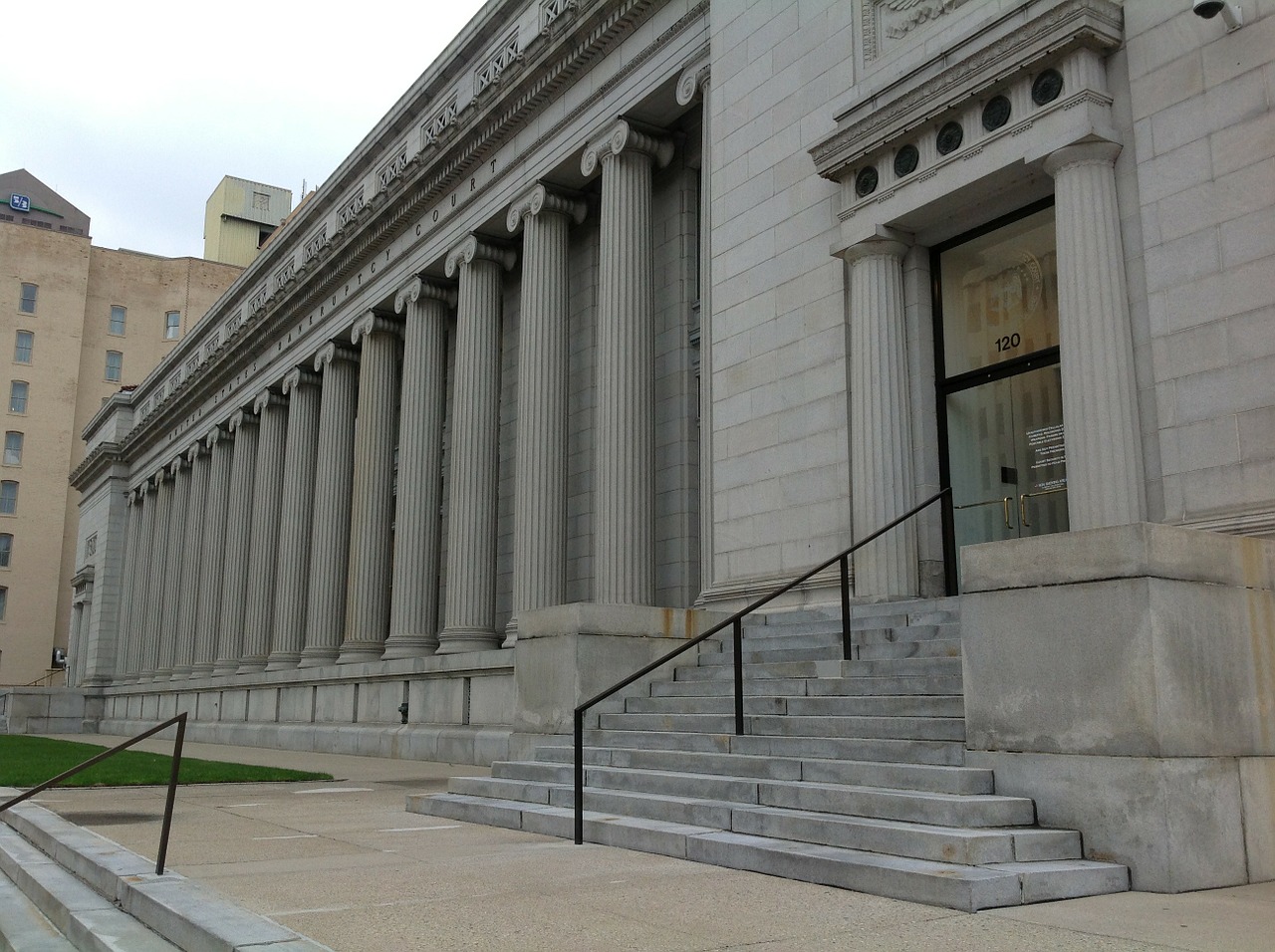In this week’s sidrah, G-d appeared to Yitzchak and instructed him not to descend to Egypt, but to rather settle among the Pelishtim in Gerar. He was not to leave the boundaries of the land destined to become Eretz Yisrael, the Land of Israel (Bereishis 26:3-4).
Whether there is an obligation for a Jew to live in the Promised Land is subject to a great halachic discussion.
There can be no denying, however, the special and unique place Eretz Yisrael occupies in the service of G-d, both in the study of Torah and in the fulfillment of the mitzvos.
In the view of the Ramban, all commandments are intrinsically related to the Holy Land (Ramban, Bereishis 26:5, Vayikra 18:25). This is the first and foremost place wherein to fulfill the mitzvos (Rashi, Devarim 11:18). It is the country that Moshe so desperately yearned to enter in order to observe the laws therein (Sotah 14a).
What is it about Eretz Yisrael that binds the Jewish nation to mitzvah observance?
Amazingly, the land’s destiny is defined by the destiny of its people. The Children of Israel do not only give the Land of Israel its name but also its essential character and reason for being.
The Holy Land is the epitome of holiness in the realm of “space”.
The most spiritual place on Earth, “higher” than all other countries (Zevachim 54b), the Land of Israel is the country most finely-tuned to G- dliness. Though the divine influence filters down to other countries through intermediaries, the divine providence in Eretz Yisrael is direct – such that the Talmud declares “Anyone who lives outside the Land of Israel, it is as if they have no G-d” (Kesuvos 110b).
Hence, Eretz Yisrael is the most suitable forum within which to relate and connect to G-d, and by extension, to lovingly engage in mitzvah observance.
This land, given as a covenant to the descendants of Avraham, Yitzchak and Yaakov, was to the Chosen People whose lives were consecrated towards this cause.
Interestingly, the Children of Israel’s holiness as a people is twinned with the holiness of the Land of Israel (Bamidbar Rabbah 23). They mirror and pair each other. They were made for each other – in the shared, married goal of performing G-d’s mitzvos.
The land’s history and geography, including its changing fortunes, is a direct response to its inhabitants’ conduct. When the Jewish people serve G-d sincerely, the land is fruitful and productive; when they sin, the land refuses to produce fruit and is liable to expel them (Vayikra 26:32- 33). The innate holiness of the land cannot tolerate sin, to the extent that it is obliged to vomit out its abominable inhabitants (Vayikra 18:25).
The country’s spiritual “climate” is thus ideally suited to mitzvah observance.
But it all depends upon the Jewish people – whether or not they are ready to complement the innate spirituality of the land. Historically, the Holy Land has only responded to the Jewish people – no other nation has successfully cultivated or developed its grounds.
The theme of mitzvah observance is holiness, thanking G-d …asher kiddishonu b’mitzvosov, “Who sanctified us with his commandments”.
Here it where the Jewish people’s relationship to G-d blossoms in the most optimal manner possible. Here the holiness of Israel, the people and the holiness of Israel, the land, converge.
The Jewish people look forward to the Messianic Era where the Land of Israel will be universally appreciated as the fount of spirituality and of totally dedicated divine service. The course is presented by Osher Chaim Levene, author of SET IN STONE (2004: Targum) about the meaning of mitzvah observance and PEOPLE OF THE BOOK (2007: Targum) about the biblical personalities. A London-based writer and educator, he learned at the Gateshead and Mir Yeshivas, holds a Bachelor of Science (Honors) business degree from London’s City University, and is a Member of the Royal Institution of Chartered Surveyors.


